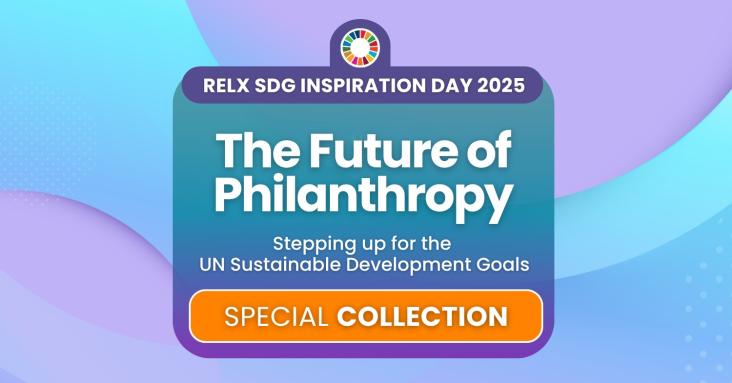This chapter provides a comprehensive overview of Prader-Willi syndrome (PWS), emphasizing its genetic basis, clinical features, and the importance of early diagnosis and multidisciplinary care. It aligns with SDG 3 (Good Health and Well-being) by promoting precision medicine and interventions to improve health outcomes, and SDG 10 (Reduced Inequalities) by advocating equitable access to specialized care and innovative treatments for individuals with PWS.
Sexual & Reproductive Healthcare, 2025, 101122
This study identifies key barriers to quality maternal and newborn healthcare in Zanzibar, including resource shortages, poor working conditions, and cultural factors, emphasizing the need for improved infrastructure and culturally sensitive approaches to enhance health outcomes.

The RELX SDG Inspiration Day 2025 focuses on the role of philanthropy in bridging the funding gap to achieve the UN Sustainable Development Goals, featuring insights from prominent thought leaders. To commemorate this event, Elsevier has curated a free Special Collection with the latest research on philanthropy and the SDGs.



